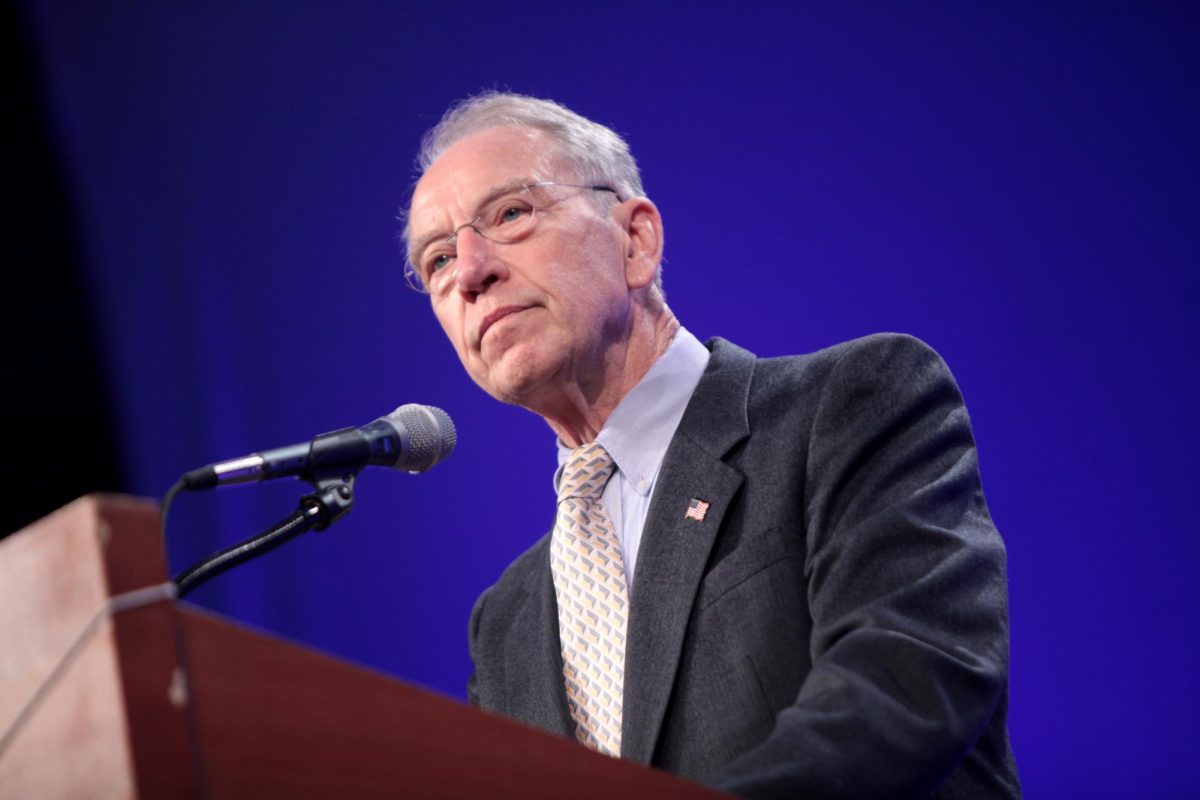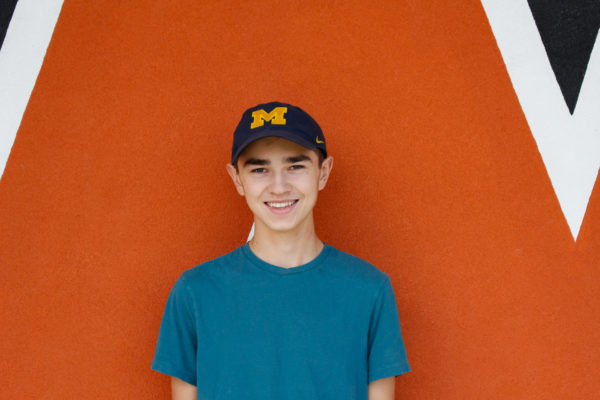In the United States, college applications have steadily increased over the past few decades. In turn, many schools have become more selective in their admissions.
Take the University of California (UC) system. According to the Public Policy Institute of California, a non-profit research organization, from 2007 to 2017, admissions rates decreased at the majority of California public universities: UC Los Angeles, for example, went from a 26% acceptance rate in 2007 to a 16% acceptance rate in 2017, to a 9% acceptance rate in 2023. To examine this trend, the Paw Print spoke with several Woodside counselors and college & career advisors.
“It’s hard to predict [the future of college admissions] but I would probably say the current trend is that it’s getting harder because more people are applying,” school counselor Jeanette Lok said.
Greater numbers of applicants stems from more high school graduates, easier college access with tools like the CommonApp, and increasing numbers of international applicants, among other factors. Lok also cites students including more schools on their application lists.
“I think also a lot of people are applying to a lot of schools, which means instead of applying to 10, I’m gonna apply to 20 for example, and so if people continue to have massive college lists, then [there’s] basically fighting for the same spots, but the same few spots,” Lok said.
And this trend over the past several years is not exactly new. According to the National Center for Education Data Statistics, the number of undergraduate students in the U.S. has climbed from 6.3 million in 1970 to 15.9 million in 2020.
“If college admissions are getting harder, I would expect that you would be able to see it across the board eventually,” Lok said. “For example, right now, UC Merced is still relatively easier to get into than the other UCs. But I would imagine that if it continued to get really, really difficult to get into colleges, UC Merced is still a UC education with fantastic research opportunities. So eventually, I would anticipate that UC Merced would then level itself out in terms of how competitive it would be to get there.”
However, though there has been a net increase in applications over the past 50 years ago, this trend of increased selectiveness is not static. According to a National Public Radio (NPR) analysis of research group National Student Clearinghouse data, “enrollment in undergraduate and graduate programs has been trending downward since around 2012, but the pandemic turbocharged the declines at the undergrad level.”
“It fluctuates from year to year,” college & career advisor Francisco Jose Gil said. “So some years you’ll see a record number of students submit an application.”
And although there are a number of schools that students often focus on, college & career advisor Zorina Matavulj points out that there are thousands of universities in the U.S. alone.
“It’s not that it’s hard to get into college in general,” Matavulj said. “There are probably 100, maybe 120, colleges that are so competitive, but then there are 2000 other colleges that are not difficult.”
Sometimes for students, the college admissions process can become overwhelming and stressful.
“Anything post-secondary, really after high school, can bring a lot of emotions,” Gil said. “It can bring up excitement, some stress and anxiety. Those are valid feelings. We have three college and career advisors at Woodside, six school counselors, and then obviously, your teachers, and your parents and guardians to help you along the way. Although, yes, there are a lot of changes, there are people here to help you navigate it.”









